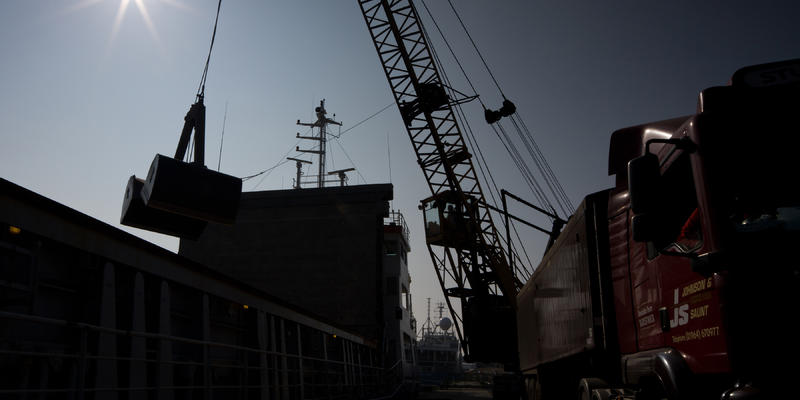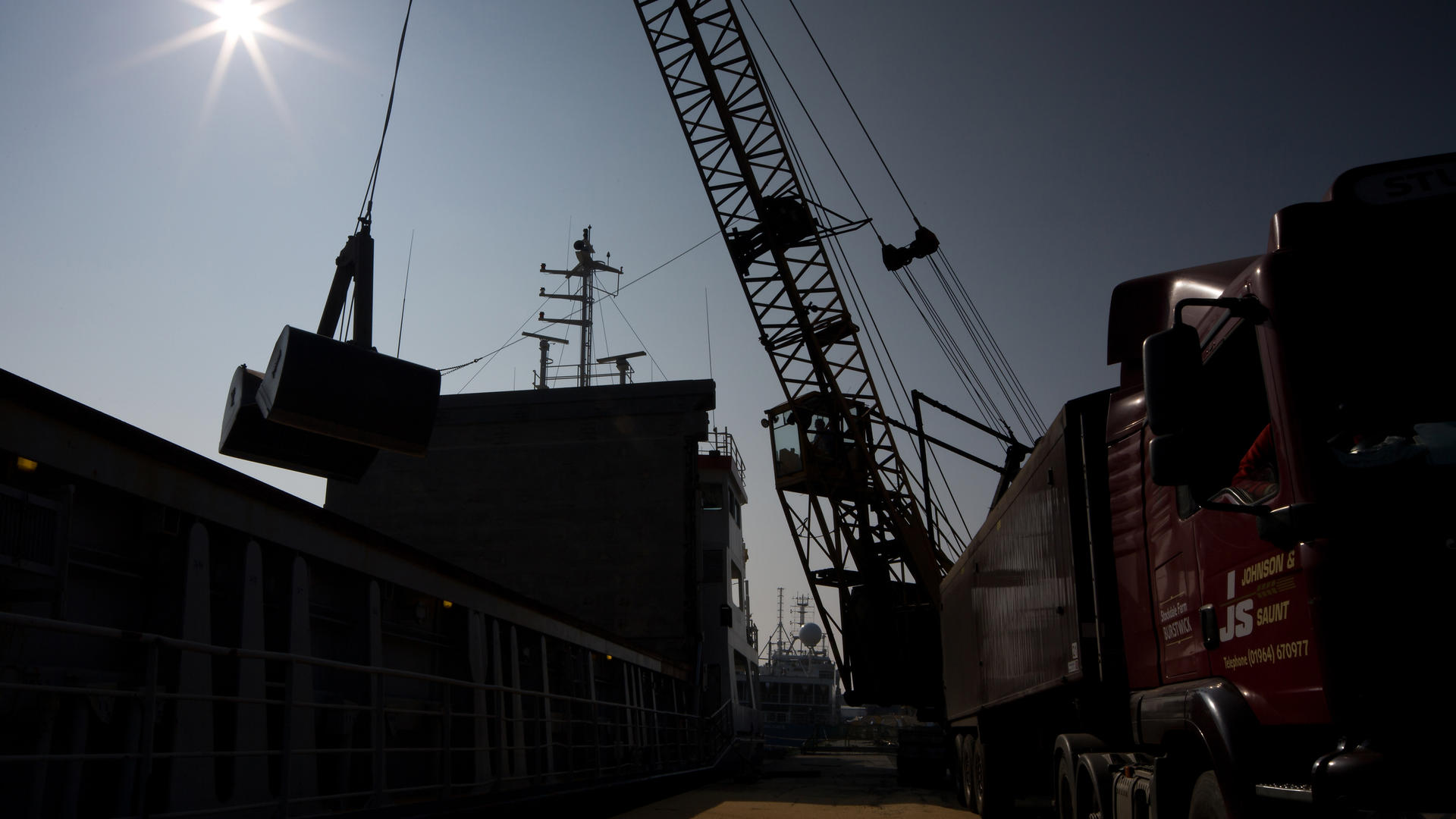Project Background
In June 2019, parliament passed legislation requiring the government to reduce the UK’s net emissions of greenhouse gases by 100% relative to 1990 levels by 2050. Doing so would make the UK a ‘net zero’ emitter.
In June 2019, parliament passed legislation requiring the government to reduce the UK’s net emissions of greenhouse gases by 100% relative to 1990 levels by 2050. Doing so would make the UK a ‘net zero’ emitter.
In June 2019, parliament passed legislation requiring the government to reduce the UK’s net emissions of greenhouse gases by 100% relative to 1990 levels by 2050. Doing so would make the UK a ‘net zero’ emitter.
Prior to this, the UK was committed to reducing net greenhouse gas emissions by at least 80% of their 1990 levels, also by 2050.

Meeting net zero will require all sectors (across transport, heat, industry, power) to reduce their emissions and where emissions cannot be totally eliminated, balance any remaining emissions with greenhouse gas removals from the environment.
Alongside heavy-duty transport, industry is one of the most challenging sectors to decarbonise. The UK has 6 major industrial clusters. Of these, the Humber industrial region emits more CO2 than any other industrial cluster whilst a quarter of Humber GVA and 1 in 10 jobs depend on these industries. Clean growth, including achieving net zero by 2040, is therefore at the centre of the Humber’s Local Industrial Strategy.
To accelerate the decarbonisation of the UK industrial clusters, UKRI launched the 2-phase decarbonisation of industrial clusters: roadmaps competition in 2019. The Humber Local Enterprise Partnership (LEP) and Catch were successful in being funded to carry out a Phase 1 feasibility study to test the viability of their proposed modelling led approach. This Phase 1 project was completed in half 1 2020.
In the Phase 1 project, the LEP and Catch commissioned a number of projects covering the following objectives:
Following their Phase 1 project, the LEP, CATCH and our 8 industrial partners went on to successfully apply for Phase 2 funding to deliver their proposed approach. This team includes the strategically important refining and steel sectors identified in the Phase 1 work, as well as major energy producers and low carbon infrastructure providers which will be vital in meeting net zero.
The Phase 2 project, known as the Humber Industrial Cluster Plan (HICP) started on 2nd January 2021 and will end on 31st March 2023. Six competition winners have received the go ahead to complete their Phase projects, each taking a share of the available £8 million in funding from UKRI.
The Humber Region will become a SuperPlace, where CCUS, renewable energy, and Hydrogen comes together to be at the forefront of technical developments in the race to net zero.
